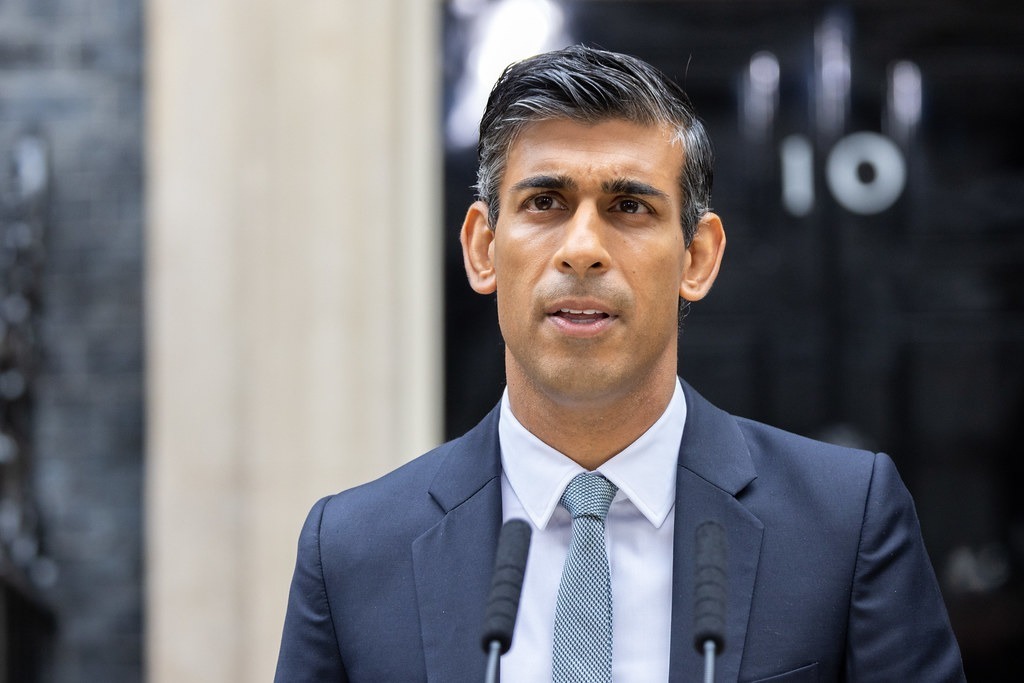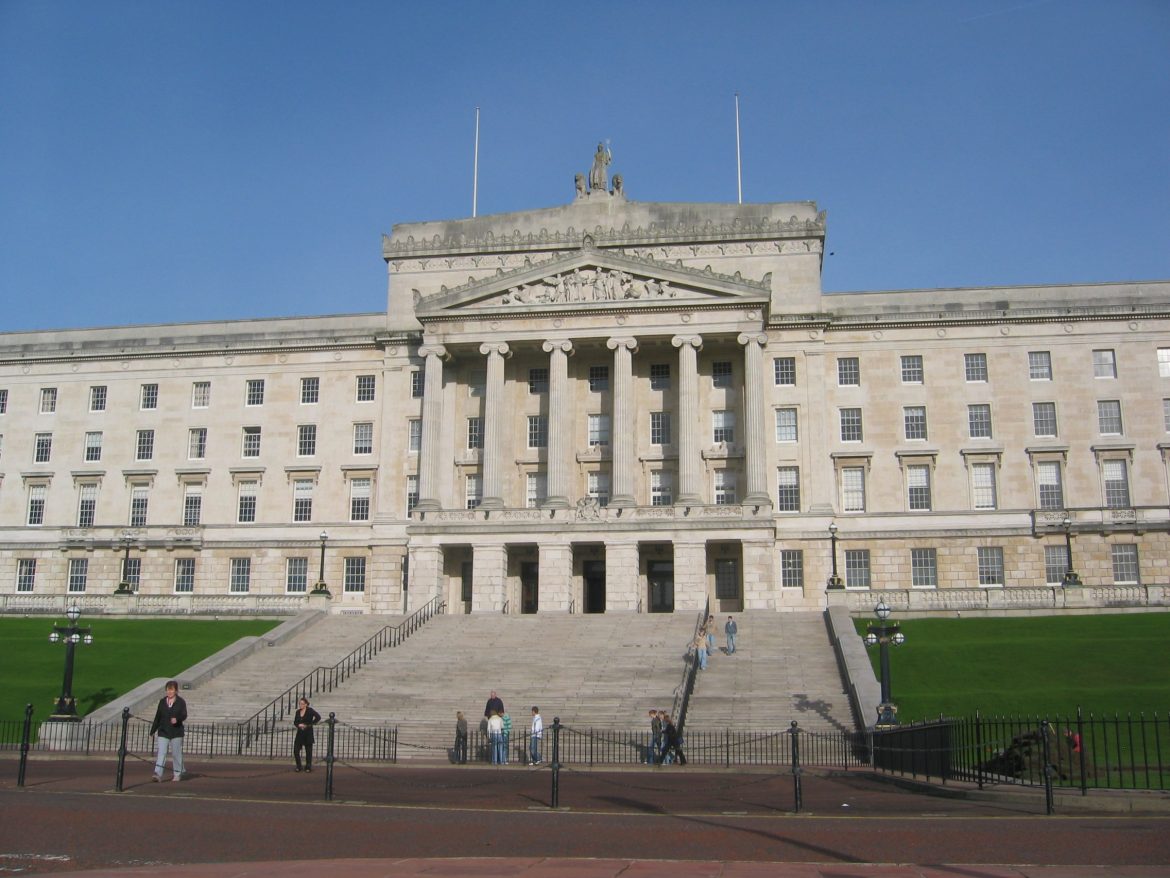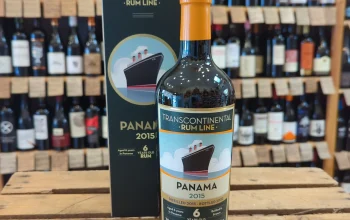The Northern Ireland Protocol has been a topic of conversation ever since the United Kingdom (UK) left the European Union (EU) three years ago.
It deals with how trade takes place now that one island -compromising Northern Ireland and the Republic of Ireland – is not completely in or out of the EU. Former Prime Minister Boris Johnson agreed the existing Northern Ireland Protocol with the EU, part of International law that came into force January 1 2021.
But the protocol is not without problems.
Last week Prime Minister Rishi Sunak revealed a solution to the trade issues being experienced in Northern Ireland, in what he has called the Windsor Framework.
Pre-Brexit
Before Brexit, business between Northern Ireland and the Republic of Ireland was relatively straightforward as they were both in the EU, therefore they shared the same trade rules.
The Troubles, an enduring conflict in Ireland from 1960s to the late 90s, mean that land boundaries are often a sensitive issues. Due to the legacy of this political discord, the UK – including Northern Ireland – leaving the EU left trading up in the air.
There were fears that introducing cameras or border posts as part of checks on goods could lead to conflict as it would introduce a hard borderline between the Northern Ireland and the Republic of Ireland.
If there was a dividing line between the Northern Ireland and the Republic of Ireland, this would compromise the Good Friday Agreement (1998) which promised and open border between the two.
What is the Northern Ireland Protocol?
The Northern Ireland Protocol aimed to avoid this hard frontier between Northern Ireland and the Republic of Ireland, whilst also ensuring no change to the EU goods market.
Under the protocol, new checks were introduced at ports for products travelling from Great Britain to Northern Ireland, even if the products were to remain in Northern Ireland.
Due to the EU having strict rules on certain consumable goods arriving from non-EU countries, such as the UK, checks have to be introduced somewhere: either between the Northern Ireland and the Republic of Ireland, or on the Irish Sea from mainland UK to Northern Ireland.
Both ideas caused disagreement, with some members of the Unionist party claiming if there is a borderline between England and Northern Ireland, it creates a frontier between Northern Ireland and the rest of the UK.
The Windsor Framework
Sunak has now released the Windsor Framework – which still awaits votes from MPs – to try and tackle issues for both sides and to significantly reduce the number of border checks.

The three main elements of the new agreement involve the movement of exports from Great Britain to Northern Ireland, Northern Ireland’s status with respect to VAT and the governance of the protocol going forward.
The main plan is for a creation of two lanes, a green lane and a red lane, for goods arriving in Northern Ireland from Great Britain.
The green lane is for exports that will remain in Northern Ireland, without needing any checks or paperwork, and the red lane is for products that may be sent to the EU, including the Republic of Ireland.
The red lane checks are to take place at Northern Ireland’s ports rather than at the Irish Sea border, therefore minimising any dividing lines from Britain.
A Stormont brake?
Before the Windsor Framework, some EU laws were still in place in Northern Ireland. Politicians at Stormont, the seat of the Northern Ireland Assembly, had no say in this. However, there is now an introduction of a ‘Stormont brake’.
This allows the Northern Ireland Assembly to object to any new EU rules, as long as it is reserved for “significantly different” rules rather than trivial reasons.
It is not meant to happen very often but when the brake is activated, the EU cannot implement the rule into Northern Ireland.
To trigger the brake, 30 Northern Irish politicians from two or more parties have to sign a petition. Although the process does not have to be overseen by the European Court of Justice, the court will still have final say on whether Northern Ireland is following certain EU rules.
The deal still has to be accepted by MPs. However the Democratic Unionist Party (DUP) are currently refusing to take part in Northern Ireland’s government until concerns, such as where checks will take place, are addressed.
Leader of the DUP, Sir Jeffrey Donaldson, has insisted the party will take time before coming to a “collective decision” on whether they will support the new deal or not.
They are currently in the process of setting up an eight-member panel to gauge opinion on the Windsor Framework.
However Sunak insisted in a Q & A in Lisburn that: “Northern Ireland is in the unbelievably special position of having privileged access, not just to the UK home market…but also the European Union single market.”
Will this new deal settle one of the ongoing issues faced after Brexit? No decision has been made as of yet, so we will have to wait and watch.





